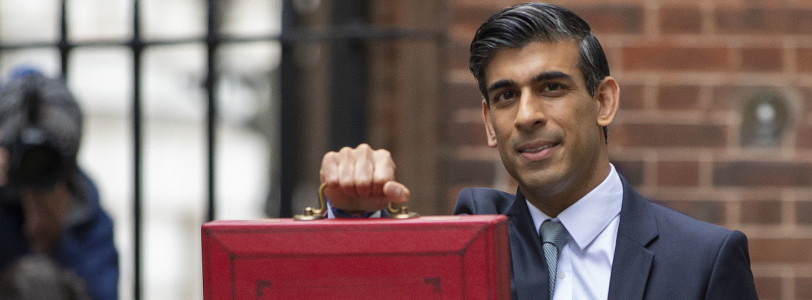The Spring Statement has just been outlined, but amidst all the numbers, the percentages and the cuts what does all actually mean for young people? What was announced that will actually affect you? We’ve got you covered, having syphoned through the fifty-two page document to break down the most pertinent points.
The Economy
The Office Of Budget Responsibility has adjusted their predictions of growth from 6.0% to 3.8%.
The inflation rate is set to rise and it is likely to average for the rest of the calendar year at 7.4%.
The unemployment rate is now forecast to be lower in the coming years than past estimations.
Sunak attributes this all in large part to the political, humanitarian and indeed economic crisis of Ukraine. The UK has imposed a number of sanctions and all the costs of these have to be borne somewhere, which is reflected in these economic recovery stats.
Cost Of Living
The fuel duty will be cut from today by five pence per litre for one calendar year - March 2023.
Whilst this has indeed been touted as being the largest cut to fuel duty ever which is technically correct, petrol and diesel both cost more than they did twelve months ago which means the government will still earn more now than it did a year ago.
The RAC explains that a typical fifty-five litre family car will now be able to fill up a full tank and will save £3.30.
The glaring omission from this however was relief for public transport commuters who face higher prices.
National Insurance
The 1.25% increase will remain and it is earmarked for funding the health and social care sector.
The threshold will increase ten-fold however to equal contributions with personal income tax, rising from the previously announced £300 increase to £3,000.
This will likely be welcome news but especially for the families who are socioeconomically middle class.
Taxation
For those of us who are fortunate enough to be working now there have been changes to National Insurance. £12,570 will now be the threshold after which you start making payments, amounting to a yearly tax cut of roughly £330.
Unfortunately, a 3.1% increase in benefits and state pension are below the rising cost of living. This is needless to say not good news for those who are currently not working and are claiming benefits.
The basic rate of income tax will be cut from twenty pence to nineteen pence before the end of Parliament.
-
Whether this will be enough to help people survive the cost of living crisis ultimately remains to be seen.









0 Comments